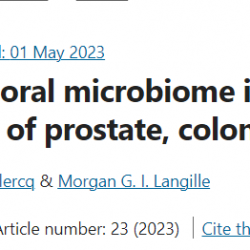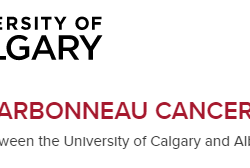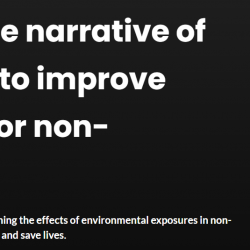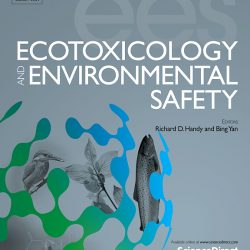Funded by the Canadian Cancer Society Data Transformation Grant, this work will connect cancer registry and administrative health data with CanPath data creating a unified resource for cancer research in Canada. https://bit.ly/3OojlZ2 Urquhart R, Awadalla P, Bhatti P, Dummer T, Gravel S, Vena J, Alvi R, Broet P, Kendell C, Kirsh V, Lettre G, Skead K, Sweeney E, Turner D. Harnessing the power of linked data to understand cancer and its outcomes: a national linkage project. March 2022-March 2023, CCS Data Transformation Grant. Canada has a wealth of health care and health research data, but numerous barriers prevent efficient sharing of these datasets between provinces. This, combined with further difficulties with linking datasets together, causes major limitations in using the data productively to improve the health of Canadians. With support from the Canadian Cancer Society, Dr Urquhart will lead a team to connect several cancer registry and administrative health data repositories, creating a unified resource for cancer research in Canada. One of the datasets, CanPath, contains data on 1 in 100 Canadians, including lifestyle, family histories, genetics and environment and this, combined with other datasets, will be analysed to understand the causes of cancer and what happens to people with cancer in the short- and long-term. The researchers will also be able to ask important questions about the impact of the COVID-19 pandemic on people who have been diagnosed with cancer during this time. Linking these huge datasets will provide a very important resource for cancer research in Canada.





